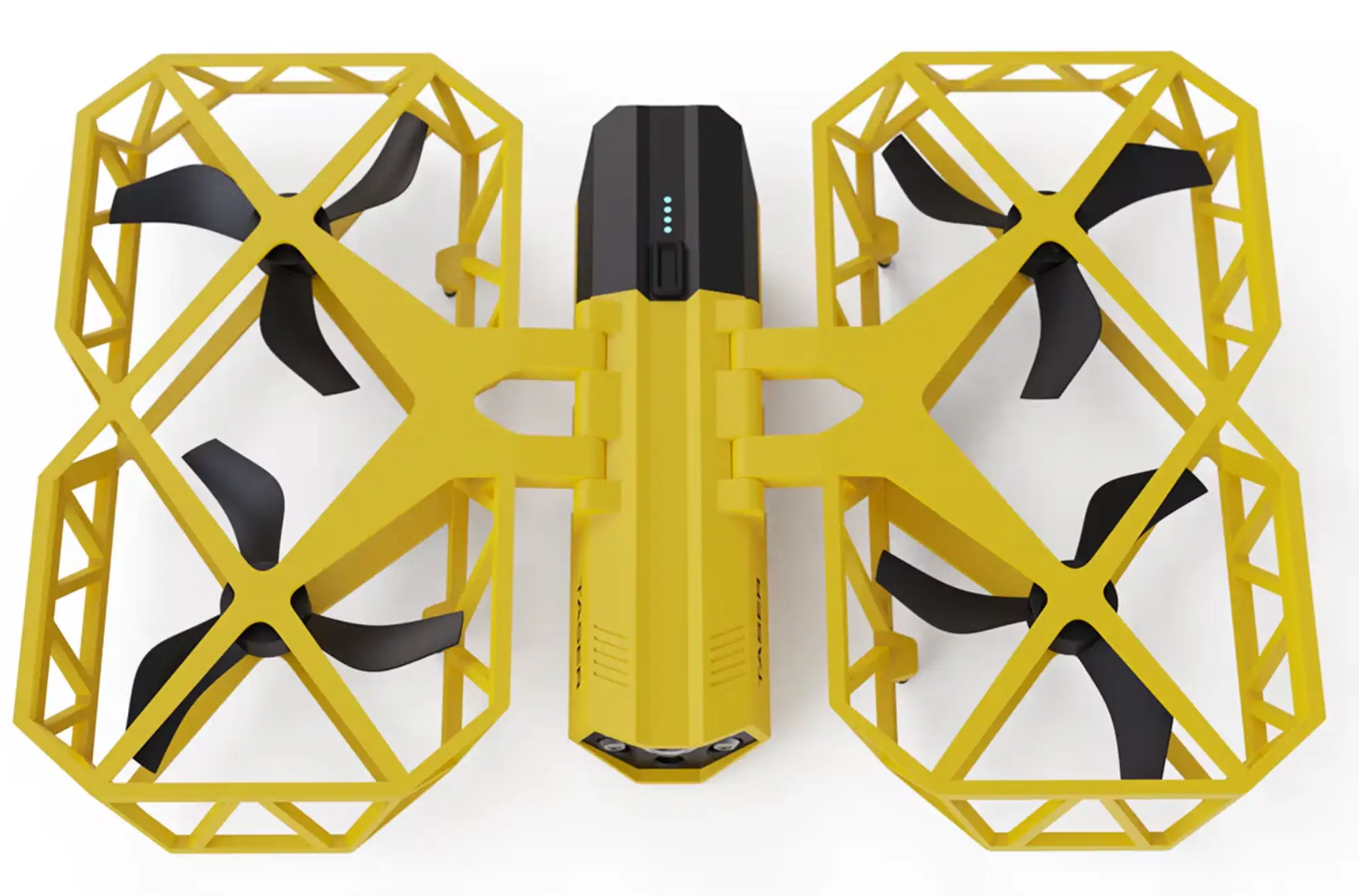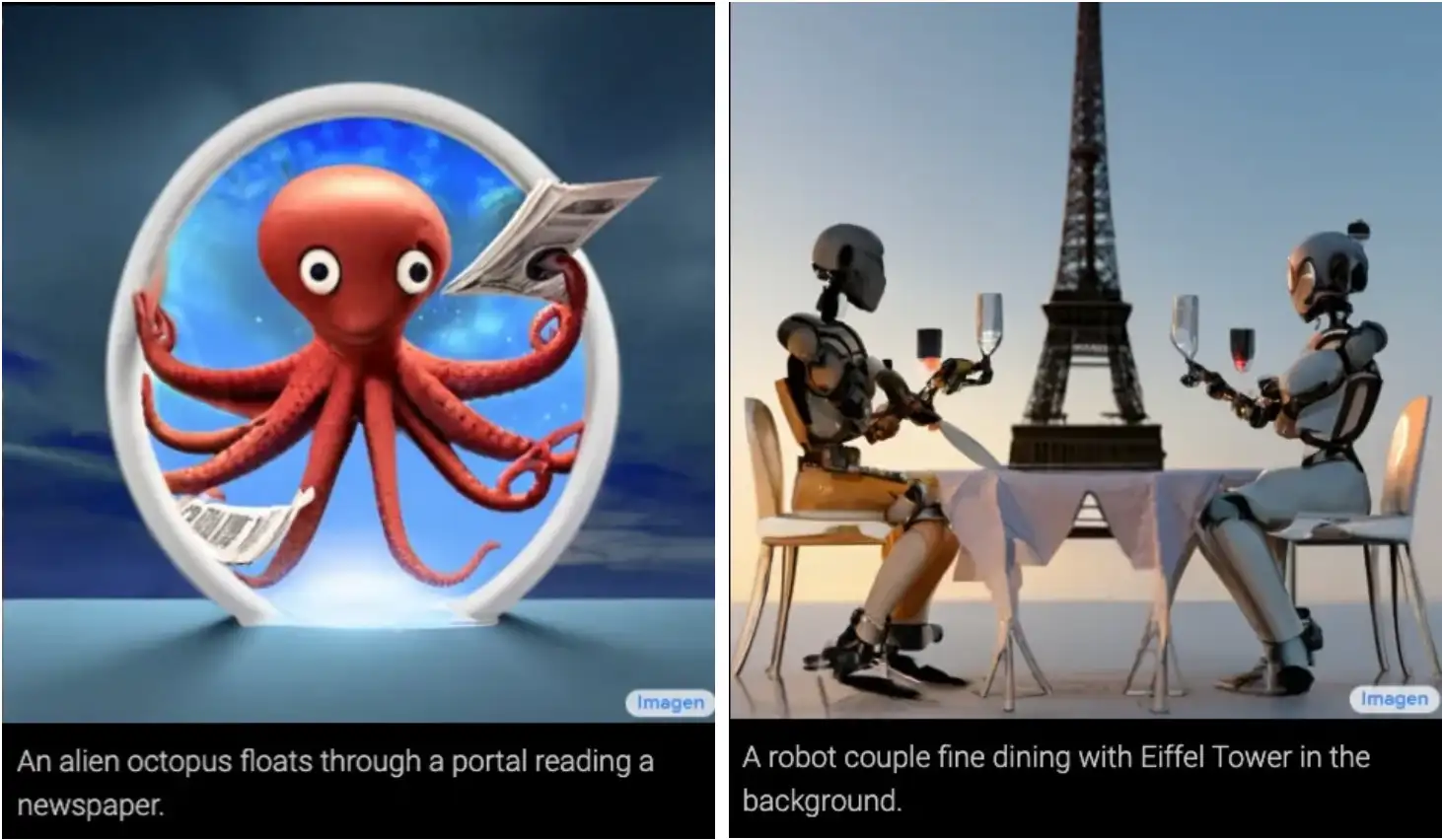You’ve probably been hearing a lot of buzz about ChatGPT, and for good reason.

OpenAI’s ChatGPT is an AI chatbot that uses natural language processing, a branch of AI focused on understanding and responding to text. It’s currently open to anyone, for free, as OpenAI tests it.
ChatGPT can answer questions and explain concepts, which some say it does more skillfully than Google.
One cool thing: Ask ChatGPT to explain something complicated like you’re a child, and it’ll simplify it.
ChatGPT can also help you fix code or write an article, or tell you a spooky story or corny joke.
Any potential problems?
Apart from AI overthrowing humanity like in numerous sci-fi movies?
ChatGPT can be wrong, and it can’t offer you any real-time info.
While it’s pretty good at refusing to answer harmful or offensive questions — better, in fact, than other AIs — some users have tricked it into explaining how to make explosives or shoplift.
OpenAI says moderation AI blocks unsafe content, but expects it “to have some false negatives and positives for now.”
What’s next?
Given that ChatGPT isn’t 100% accurate, you shouldn’t use it to write your term paper or an article, but you could use it when you get writer’s block.
It’s also ripe for creative experimentation.
Case in point: Guy Parsons, who runs a website devoted to DALL-E art, used ChatGPT to get room decor ideas. He then fed the ideas to AI image generator Midjourney, resulting in some pretty cool rooms.










